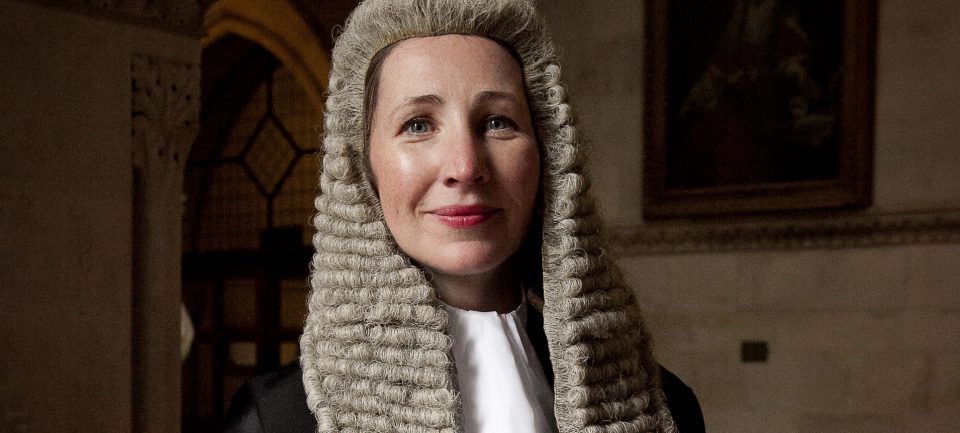Modern Slavery is a blight on the 21st century. It is astonishing to think that the first prosecution of a case of modern slavery came only in 2011, given that since then, I have been involved in cases where over 100 people have been convicted of offences concerning over 500 victims. How could this crime go unpunished for so long?
As a human being, I ask myself how there can possibly be over 42 million people who are the victims of slavery and trafficking in the world now? As a mother, it breaks my heart to imagine all of the young children being affect by this evil. How can my own children grow up in a world where this crime is allowed to happen? However, as a criminal barrister, I ask my what can I do to affect change?
How is it possible that one of the victims I work with can be swapped for a £450 Mercedes vehicle in Hungary and then trafficked to the UK as a sex worker? How is it possible that in 2018, a 54 year old woman is locked in a house, made to sleep on the floor and fed on scraps, whilst working 20 hours a day? How is it possible that a 15 year old girl is brought to the UK from Romania and sold for sex on the streets of Paddington? How is it possible that a 12 year old boy can be brought from Nigeria and kept as a houseboy for 25 years with no pay, no identification, no education, no life. How is that happening here and now?
Robert F. Kennedy one said:
“Each time a man stands up for an ideal, or acts to improve the lot of others, or strikes out against injustice, he sends forth a tiny ripple of hope, and crossing each other from a million different centers of energy and daring, those ripples build a current that can sweep down the mightiest walls of oppression and resistance.”
Despite the horror of the figures, there is still light. Good people are standing up – the Modern Slavery Act came into force in 2015 after it was supported by all parties, and has changed rules surrounding sentencing, clarified definitions, made provisions for the protection of victims and sent a message globally about the standpoint of the UK in the fight against human trafficking. The Modern Slavery Task Force brings together all aspects of government in one place to create a united approach in understanding and targeting offenders of this crime.
A number of charities are emerging to fill in the gaps that the criminal justice system is unable to meet – providing specific cultural support, facilitating housing, education, providing psychological therapy and helping victims to return to society.
Academic research in this area is on the increase from places like the Wilberforce Institute and Exeter University, providing a variety of perspectives – all of which contribute to the understanding “who”, “where” and “why” of modern slavery, and developing an approach to stop it.
The international picture is changing as well, and modern slavery is begining to become a leading topic of discourse. The topic of ending modern slavery has appeared in many places in the international theatre from speeches given at the UN by Prime Minister Teresa May, to the focus of the current Commonwealth heads meeting, to the Australian government’s enquiry into Modern Slavery, to US McCain Institutes agenda. There is a clear and determined drive to address this heinous crime.
Now, when I conduct my jury trials, I notice a perceptible change in the understanding of victims, the ordeal they have been through, and the logistics of the crimes committed against them. I, along with victims and other allies are shouting about this crime to all that will listen, and we are finally being heard.
There are ripples of hope, but there is still more to be done. We need a place to serve as a hub where our resources can be amalgamated, our information shared and discussed, and the voices of victims heard. This is a fight that can only be won by collaboration, collective thoughts, and collective action, and we hope you will join us in this quest.
